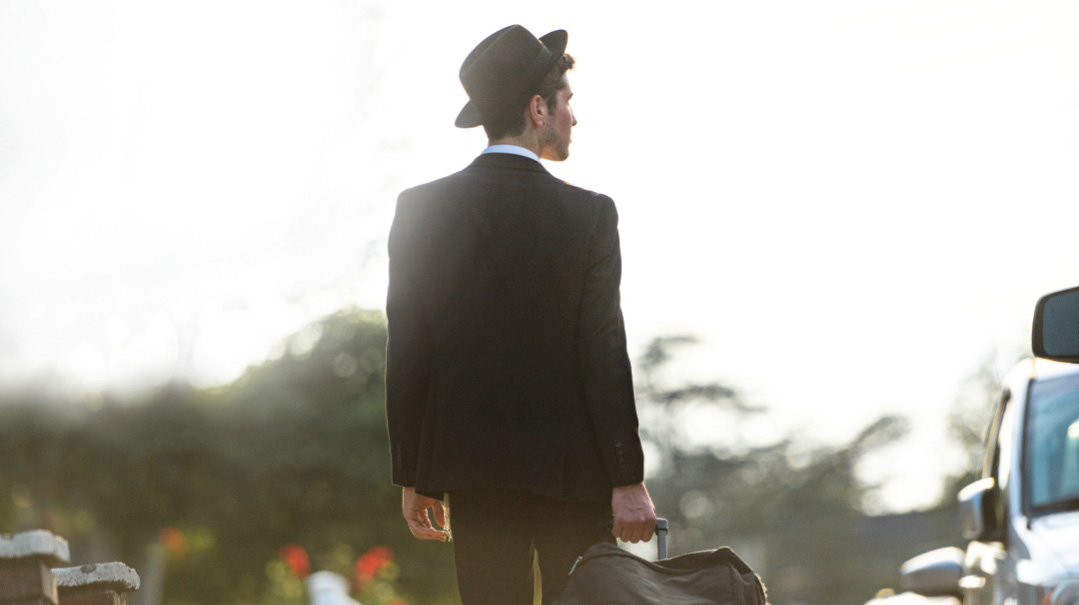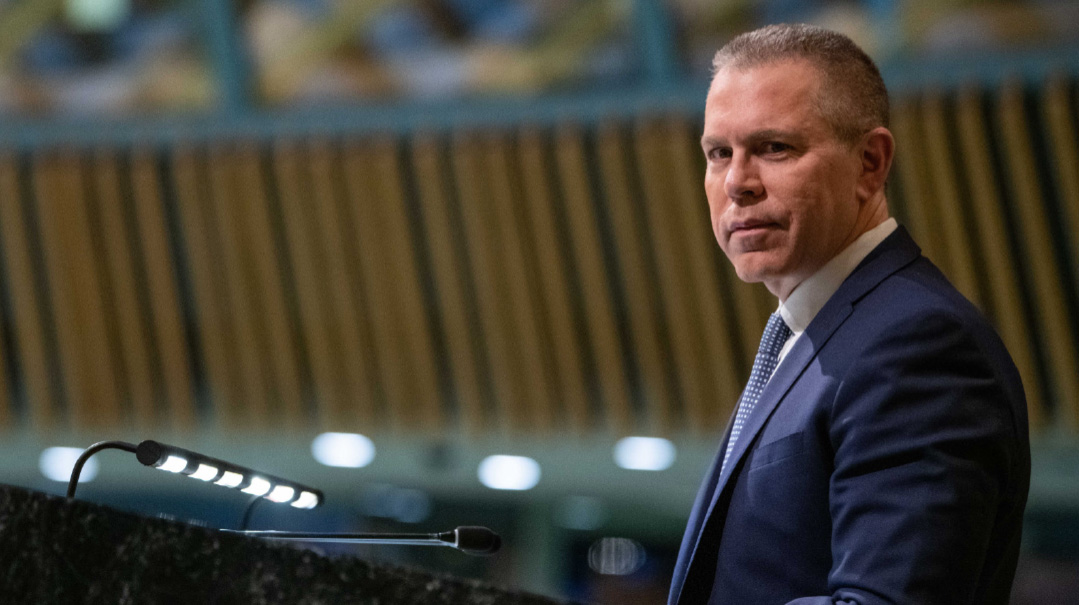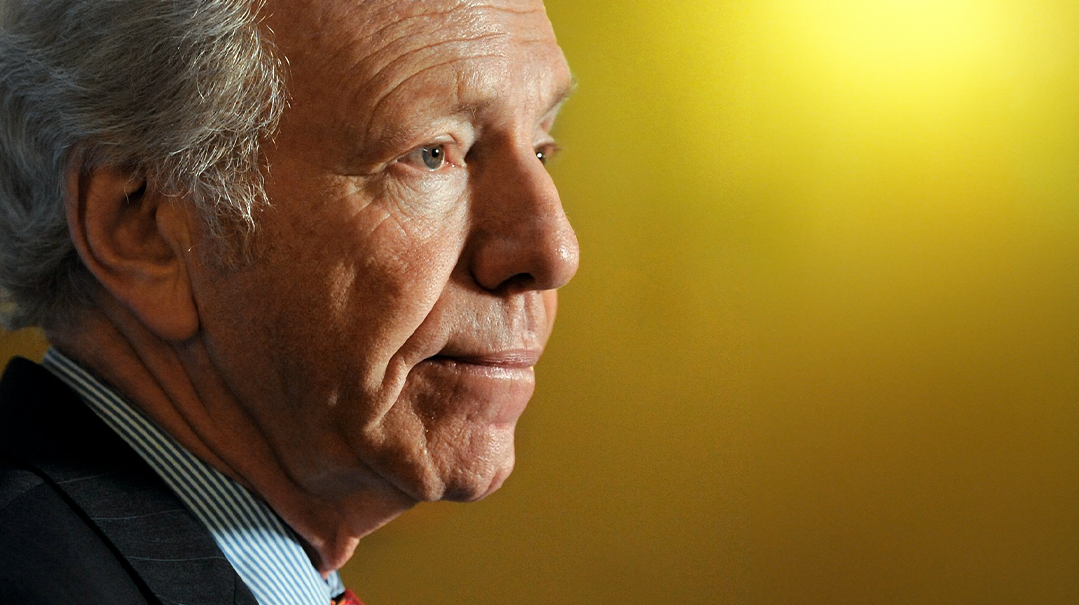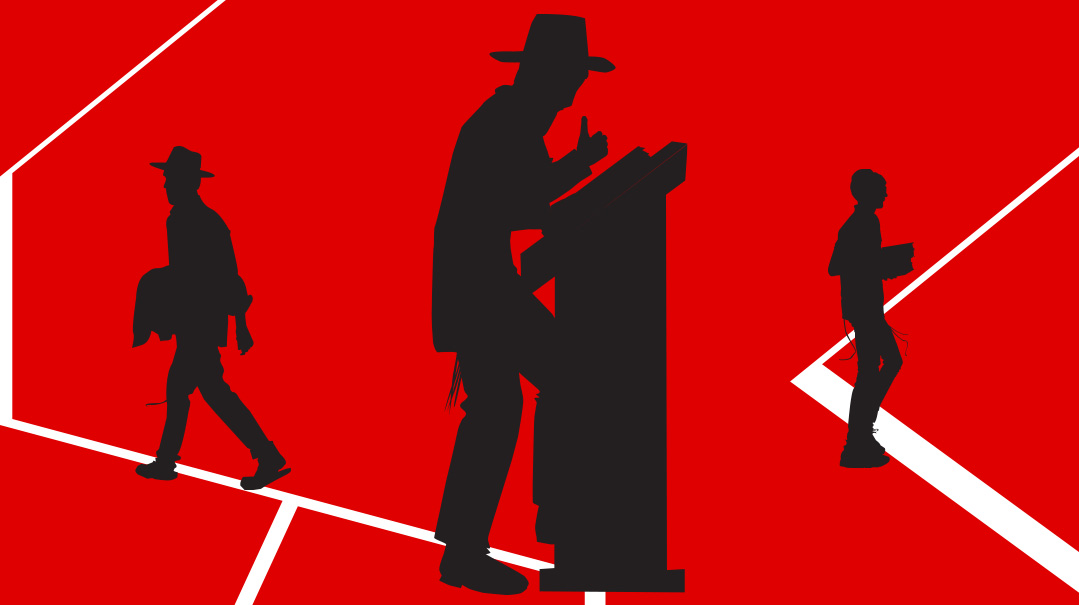Chilling Developments in Santiago

“Just like many other times in Jewish history, when we were too comfortable in a place, we face the fact that we might have to leave”
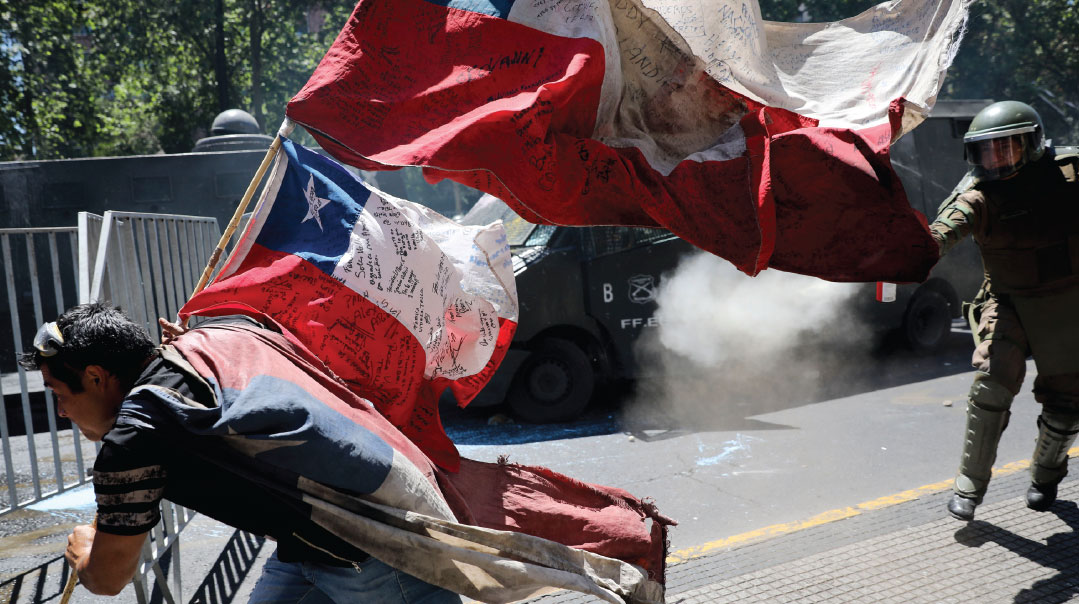
T
urbulent unrest in Chile’s capital of Santiago — home to 80 percent of the country’s Jews, around 20,000 — triggered an existential crisis for the community over the last month.
“I’ve never seen such violent acts in the last 40 years,” says Rabbi Jaim Waissbluth of the local Aish HaTorah congregation. “Just like many other times in Jewish history, when we were too comfortable in a place, we face the fact that we might have to leave.”
Rabbi Waissbluth says in recent days many members of the community “saw with their own eyes their businesses being destroyed and burned down, in only a few minutes.”
After four weeks of riots that left at least 25 dead, the Chilean government reached an agreement with opposition political parties to hold a referendum next April on replacing the country’s constitution, imposed during the dictatorship of General Augusto Pinochet in 1980. That announcement was intended to calm the nerves of Chilean society, particularly those of the vibrant Jewish community, many of whose members are now seriously thinking of leaving the country for good.
The social unrest exploded on October 18, after the government of President Sebastián Piñera announced an increase in subway fares. But that move was really only the straw that broke the camel’s back: Although for many years Chile has been considered a role model in the region for its neoliberal policies and economic achievements, those benefits flowed mainly to the wealthier classes. Those who felt left out of the prosperity have been clamoring for years for a more equitable society.
That genuine discontent, though, was channeled into furious rage by other groups, who literally destroyed the capital city, Santiago de Chile. Hundreds of stores were either burned down or plundered, more than 100 subway stations were vandalized, and some estimates put the economic losses at $4 billion. Government security forces, meanwhile, acted violently against the protesters, and were widely accused of violating human rights. All of this combined to foment real chaos in this South American country. As of press time, at least 25 deaths had been confirmed, along with more than 500 wounded.
“There were two groups mixed in one,” says Eduardo Pollak, a local businessman and member of the Jewish community, of the protestors. “There were justifiable claims against a bad health care system and the strong inequity that exists between the rich and the poor. Those protests were legitimate and nonviolent. But we all have the feeling that there were also infiltrators from other countries, and they were the ones who instigated the violence.”
Mr. Pollak’s statement reinforces what US President Donald Trump said a few days ago, when he denounced foreign efforts to undermine Chilean institutions.
Jews in Chile belong mainly to the upper-middle class and have suffered intensely from the recent protests. The Chilean Jewish community has experienced major growth in the last 25 years, with an impressive teshuvah wave that led to the opening of new shuls, the improvement of kashrus, and a new direction for the local Maimonides Jewish day school. Aish HaTorah’s Rabbi Waissbluth and his rebbetzin, New York-born Debbie Waissbluth (profiled in Family First #206), played instrumental roles in the kehillah’s growth.
The chaos has forced Jewish people to change their daily routines — and much more. “At the beginning of the riots, we were afraid people might come and burn down the synagogue, so we took the sifrei Torah from there,” explains Rabbi Waissbluth.
“The hardest days were the first ones, because they coincided with Simchas Torah,” says Rabbi Daniel Banach of the Torat Jaim congregation. “There was a curfew, so we decided to do only two hakafos in the synagogue and continue the davening in our houses.”
A more unusual option was undertaken by the local Chabad Lubavitch congregation: They chose to stay in their shul for the hakafos, and then everyone spent the night there, with men in one room and women in another.
Most of the major disruptions to the community activity schedule seem to have passed, says Rabbi Banach: “We have reestablished the regular minyanim, and the only thing that might change is school time, because if it’s going to be a problematic day, classes have to finish earlier.”
Although the dramatic situation led many community members to ponder leaving Chile for good in the last few weeks, people now seem to be adopting a wait-and-see attitude.
“Many people have talked about the possibility of making aliyah,” says Rabbi Banach, “but that was expressed in the middle of the crisis. Now things seem to be improving, so we’ll have to wait.”
Rabbi Waissbluth was on the same page: “I’m sure every single Chilean Jew thought about that possibility, but we’ll have to see if it becomes real. One thing I can assure you is that if things don’t normalize within the next few months, many of our members will decide to leave.”
The agreement reached by the Chilean lawmakers to advance a change in the current constitution was seen as a victory for the protesters, who claim the document imposed by the last dictatorship lacks social protections for the needy. Local Jews hope this will put an end to the terrible hours the country has experienced in the last weeks.
(Originally featured in Mishpacha, Issue 786)
Oops! We could not locate your form.


